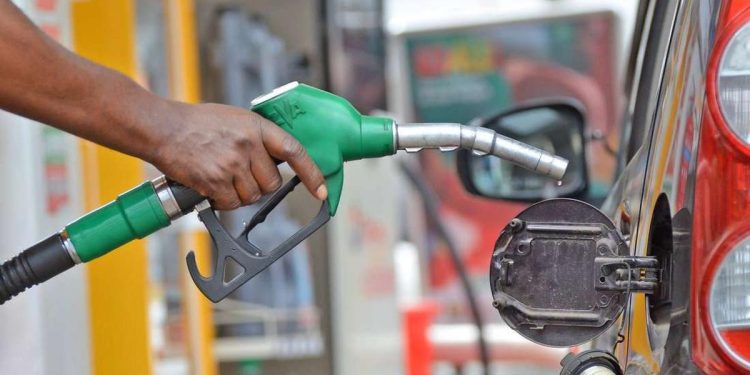The Chamber of Petroleum Consumers Ghana (COPEC) has predicted stability in fuel prices in the first pricing window of May 2023.
According to COPEC, this follows a decline in international benchmark pricing of petroleum products on the international market.
Executive Secretary for COPEC, Duncan Amoah, indicated that various Oil Marketing Companies (OMCs) which quoted higher prices for diesel for instance in the second pricing window in April would reduce it to correspond with petrol prices.
“The world market benchmark is declining, so if we focus our attention more on stabilising the local currency, the cedi, it is expected that we will be able to sustain reduction at the pumps,” Mr Amoah said on Citi News.
What can be done to address the situation?
The COPEC-Ghana Executive Secretary told The Ghana Report, “We have a local refinery that we could have leveraged to get some fuel security at lower prices, but unfortunately, we don’t think there is a political will to refurbish the Tema Oil Refinery”.
Mr Amoah observed a fully functional refinery would cut the logistical cost, which adds to the price build-up by exporting crude to Europe to be refined before importing back to Ghana.
“The need to get TOR back on stream and the need for political interference to be stopped holds the key for all for us,” he underscored.
He also cited the Bulk Oil Storage and Transportation Company Limited’s (BOST) failure in executing its mandate.
Mr Amoah explained that BOST is supposed to store huge volumes of fuel and release to the market to level prices and to check shortages “without overstretching the already burdened Ghanaian taxpayer”.
However, “we do not see that function of BOST, and they are now focusing on trading…which was not the purpose of the BOST Act but to hold strategic stock”.





